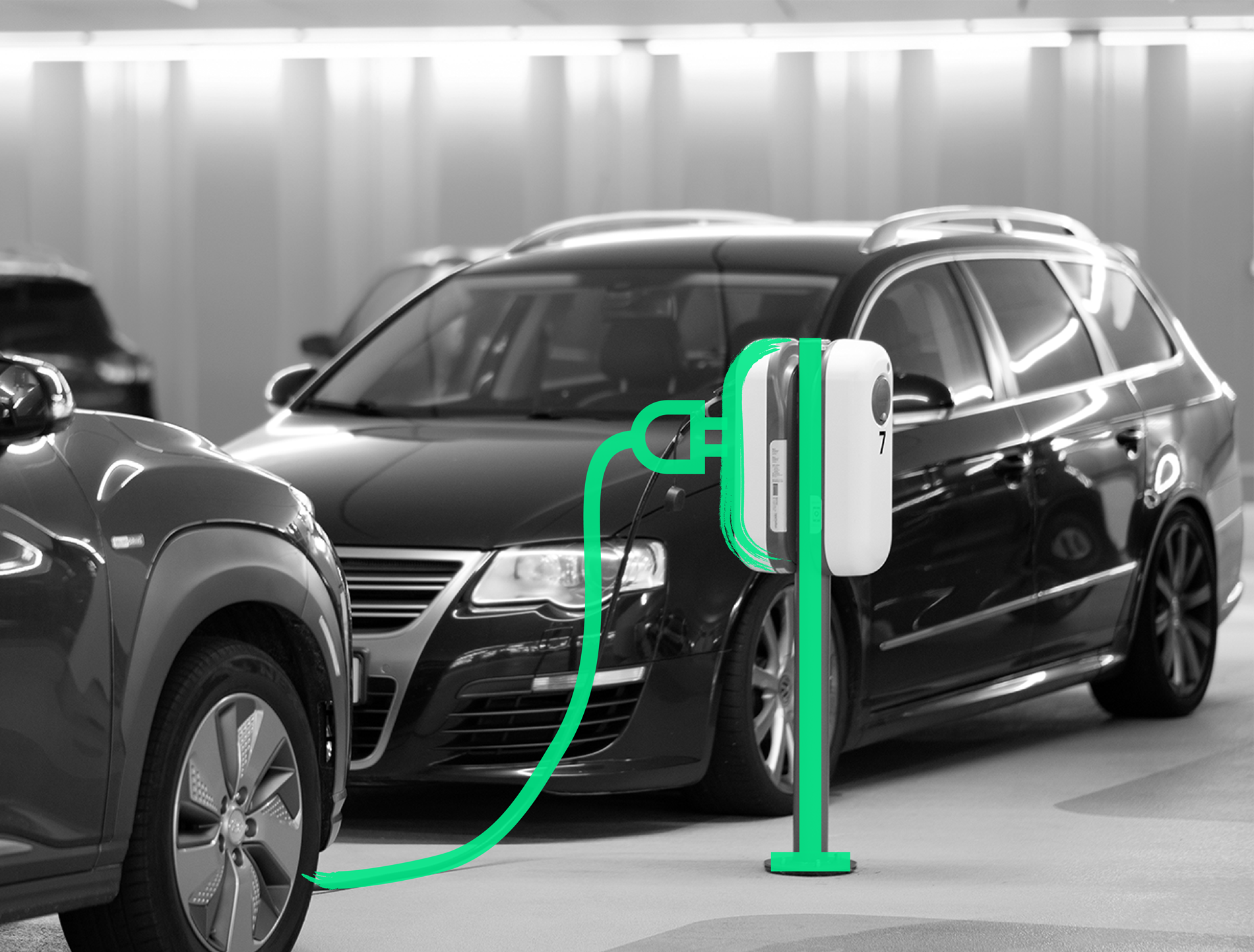CLEAN ENERGY TECHNOLOGIES
Protecting the technologies that protect the environment
Making InnovatiVE Technologies Bankable
Ariel Green provides industry stakeholders with customized risk management solutions for a range of clean energy technologies.
- Original Equipment Manufacturers (OEM)
- Integrators
- Project Developers
- Engineering, Procurement & Construction (EPC) Firms
- Operations & Management (O&M) Providers
- Independent Power Producers (IPP)
- Asset Owners
- Equity Investors
- Lending Institutions
Learn about the specific clean energy technologies we cover by clicking on the icons below.
SOLAR
Since 2010, the market for solar photovoltaics (PV) has matured from a niche clean energy technology for early adopters to broad acceptance as the cheapest means of power production. The IEA anticipates that 1,500 GW of solar capacity will be added over the next 5 years and making it the dominant form of power production, eclipsing natural gas in 2026 and coal by 2027.
- Solar PV Modules (monocrystalline, polycrystalline, PERC, and thin-film)
- Inverters
- Racking/Tracking Systems
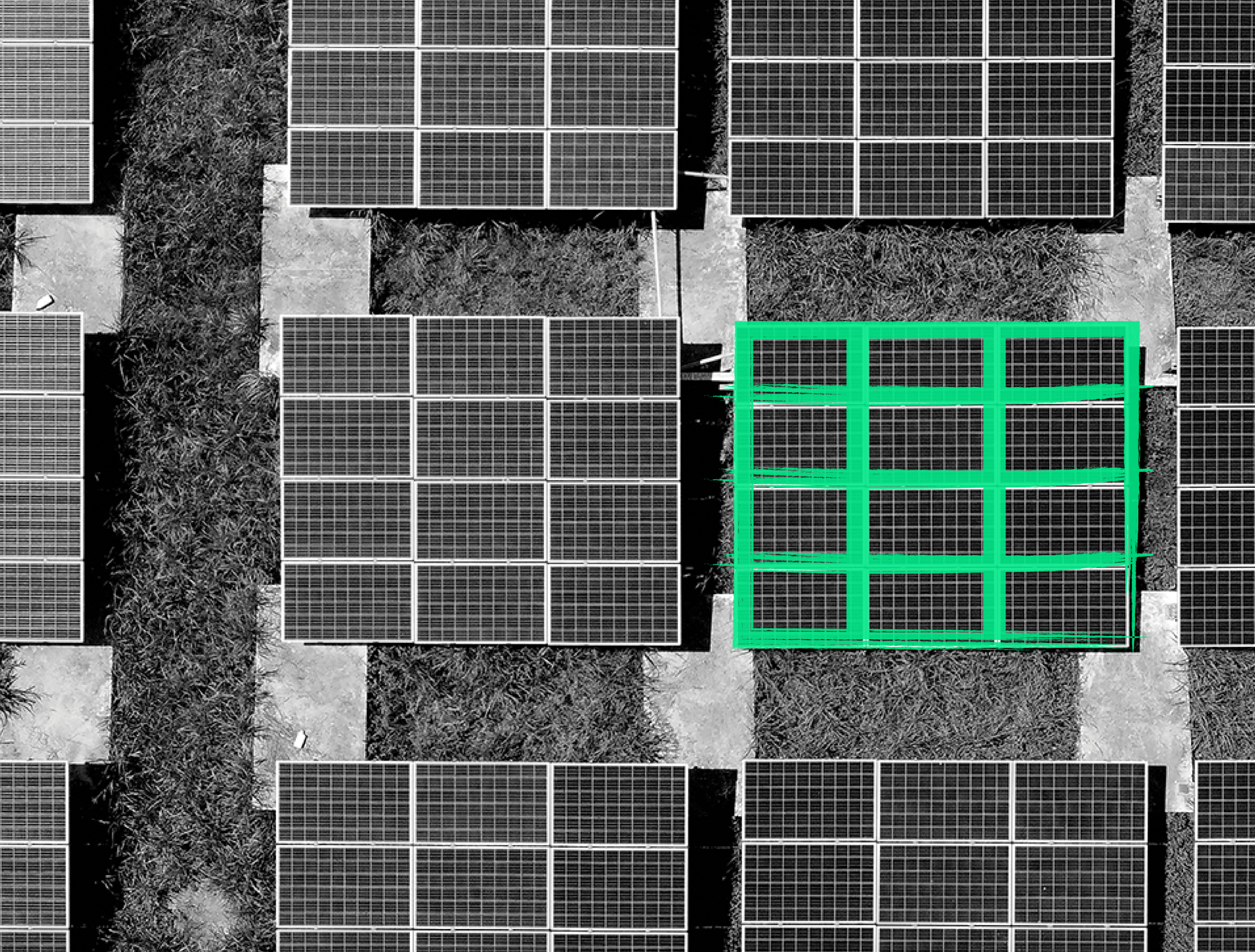
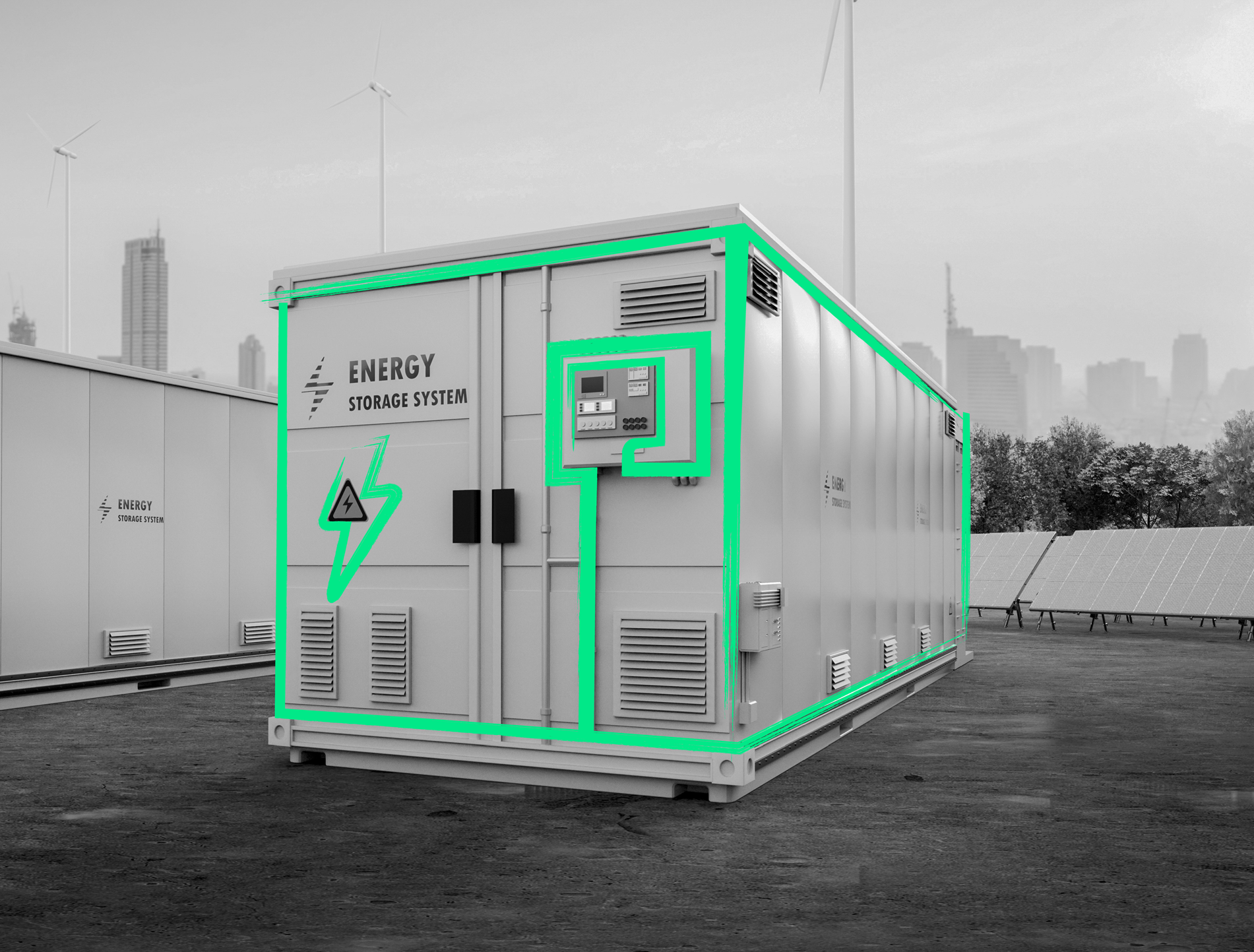
Energy StoragE
Achieving Net Zero will require electrifying major sectors of the economy and massive deployment of intermittent renewables like solar PV and wind power. Large-scale energy storage is needed to manage hourly, daily and seasonal variations in renewable power production while keeping grids stable and reliable in the face of growing demand. Today, the most prevalent energy storage technologies are pumped hydropower and Li-ion battery energy storage systems (BESS). However, non-lithium batteries and other innovative storage technologies are driving down cost and extending durations, which should support ever higher levels of renewable energy adoption.
- Li-ion Batteries
- Non-lithium and flow batteries
- Long-duration energy storage
- Gravity/compressed air/thermal storage
Bioconversion & Waste to Energy
- Gasification
- Pyrolysis
- Anaerobic Digestion
- Synthetic Fuels
- Bioplastics
- Chemical Recycling of Plastics
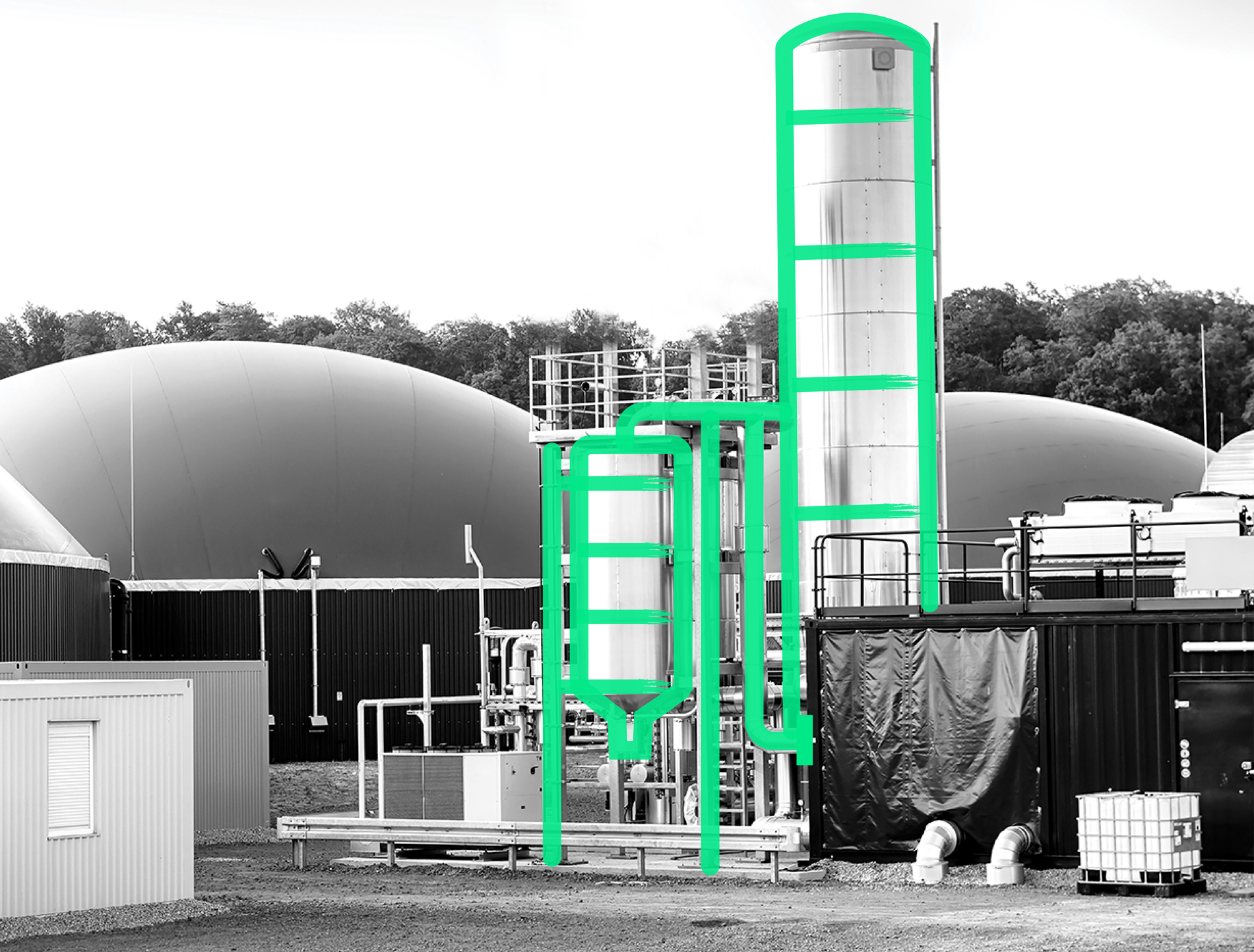
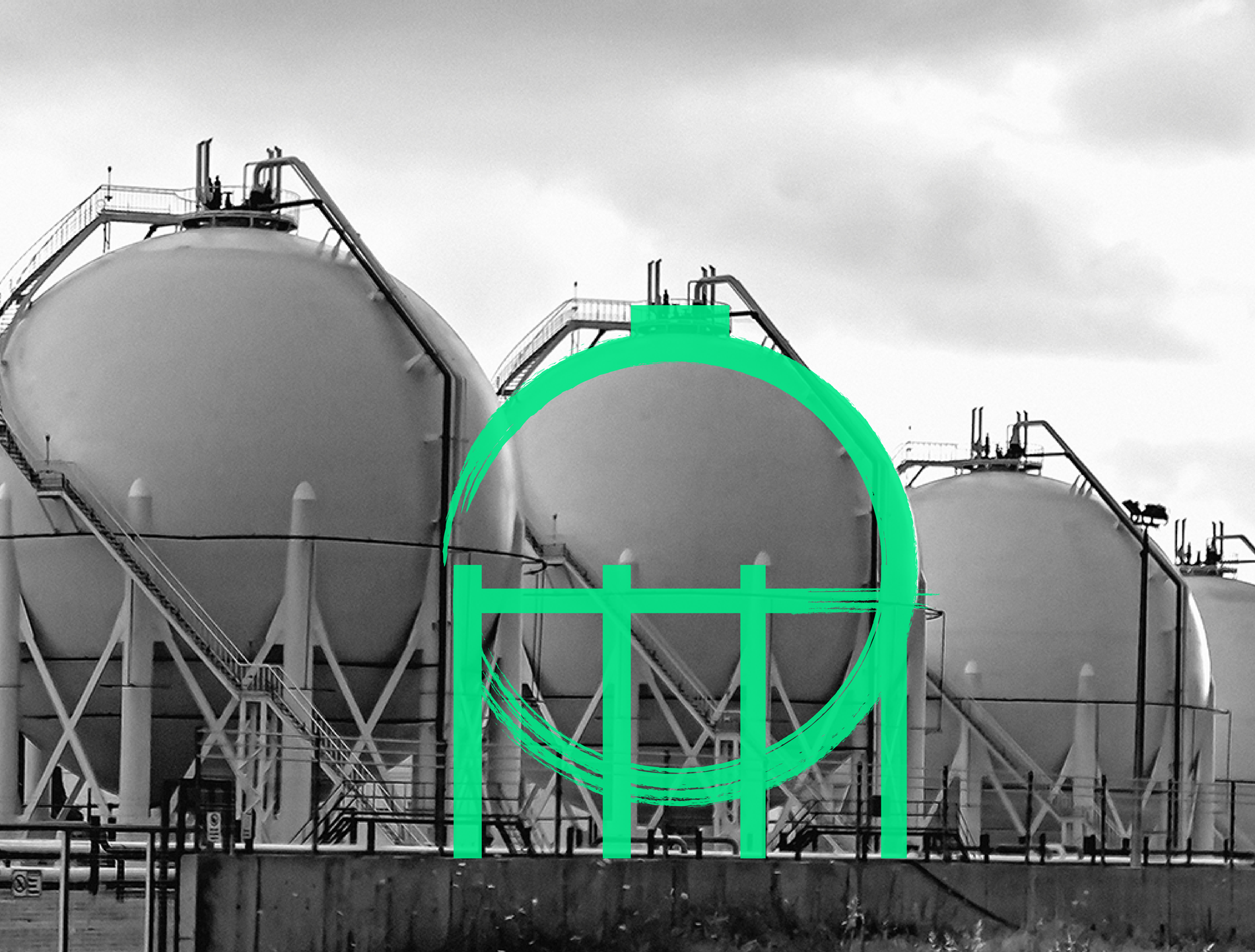
Hydrogen & Fuel Cells
- Fuel Cells – PEM, Phosphoric Acid, Solid Oxide, Molten Carbonate
- Electrolyzers – PEM, Alkaline, Solid Oxide, AEM
- Steam Methane Reforming (SMR) and Autothermal Reforming (ATR) with carbon capture
- Waste to H2
other innovations
The road to Net Zero and a healthier environment will require many innovative solutions to speed the deployment of electric vehicles along with charging infrastructure, environmentally-friendly extraction of vital materials, energy efficient buildings, desalination, water treatment and detoxification.
Each deployment of environmentally preferred clean energy technologies moves us closer to meeting our needs while limiting the impacts of climate change and related challenges.
- Energy Efficiency Systems
- ‘Smart’ technology applications
- Desalination & Water Treatment
- Pollutants treatment/detoxification
